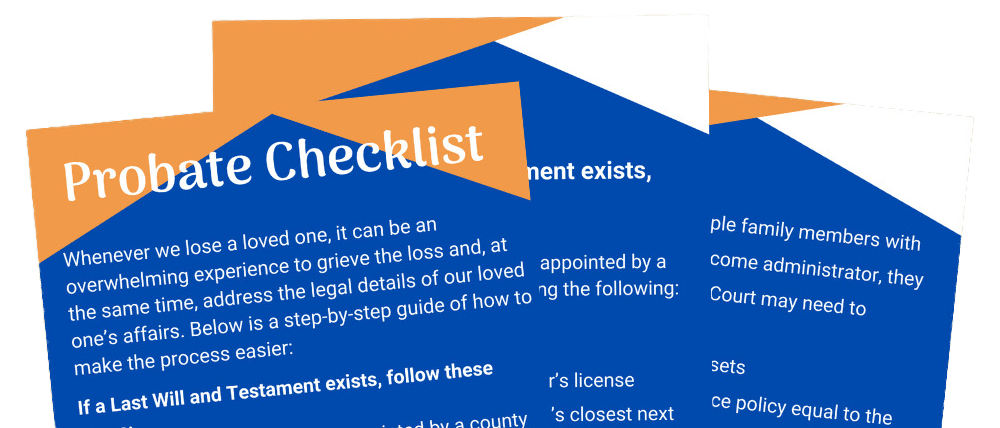Serving as an executor of an estate is hard work. First of all, most executors become executors because they were close to the person who just passed, and now they will be administering their friend or loved one’s estate while going through various stages of grief and loss. That grief is often compounded by the fact that they must pour though the personal belongings of their departed friend or relative as part of their role as executor.
The essential duties of an executor include:
- probating the decedent’s will
- opening an estate account
- identifying and paying estate bills
- finding all the estate assets
- filing all estate, inheritance, and income tax returns and the taxes that the estate may owe
- accounting to the estate beneficiaries
- distributing the assets to those beneficiaries.
The executor’s job often requires a clean out and sale of the decedent’s home. Sometimes, the clean out of the house can take a year of more, particularly if the house was full of “stuff” that needs to be dealt with before the house can be listed and sold.
It is not uncommon for the administration of an estate to take well more than a year to complete, especially if there are estate or inheritance tax returns that may take almost a year to file and will take at least 6 months to get those returns approved by the state and federal tax authorities. Meanwhile, the executor has to deal with beneficiaries who want their distribution NOW!
So when my clients request I draft their wills, they often ask if their named executor can receive a fee or commission for their service as executor. And the answer is “yes”, the law provides a commission to executors. The commission is a percentage of the assets that an executor handles or administers as executor. The larger the estate, the higher the commission, presumably because the larger the estate, the more work that is involved, such as more assets to handle and the greater likelihood of having to file tax returns.
New Jersey probate law provides that executors receive 5% of the first $200,000 of an estate or $10,000, and 3.5% of the next $800,000 in estate assets. A $1 million estate allows an executor to take a commission of $37,500. Many of my clients who serve as executor are reluctant to take the commission because they say: “I am doing this as a favor to the family”. But these executors often come to realize how time-consuming and difficult the job truly. Serving as an executor is often the equivalent of at least a part-time job, and it can be a stressful job. For those reasons, I encourage all of my executor clients to take the commission the law permit them to take.
The only downside of taking an executor’s commission is that it is considered taxable income and should be declared on the personal income tax returns of the executor because it is income for services rendered. If an executor is the sole beneficiary, there is no reason to take the commission because it creates income tax consequences. A better approach in that situation is to simply take the full inheritance which is generally free from income taxes.
In estates that require the filing of estate and inheritance tax returns, there is another reason to take the executor’s commission: it is a deduction on those tax returns which will reduce the taxes owed by the estate. In some estates, the executor’s commission may be the largest possible deduction that will reduce or in some cases eliminate the estate or inheritance taxes owed.
In summary, it is an important and time-consuming job for which executors should be compensated.


